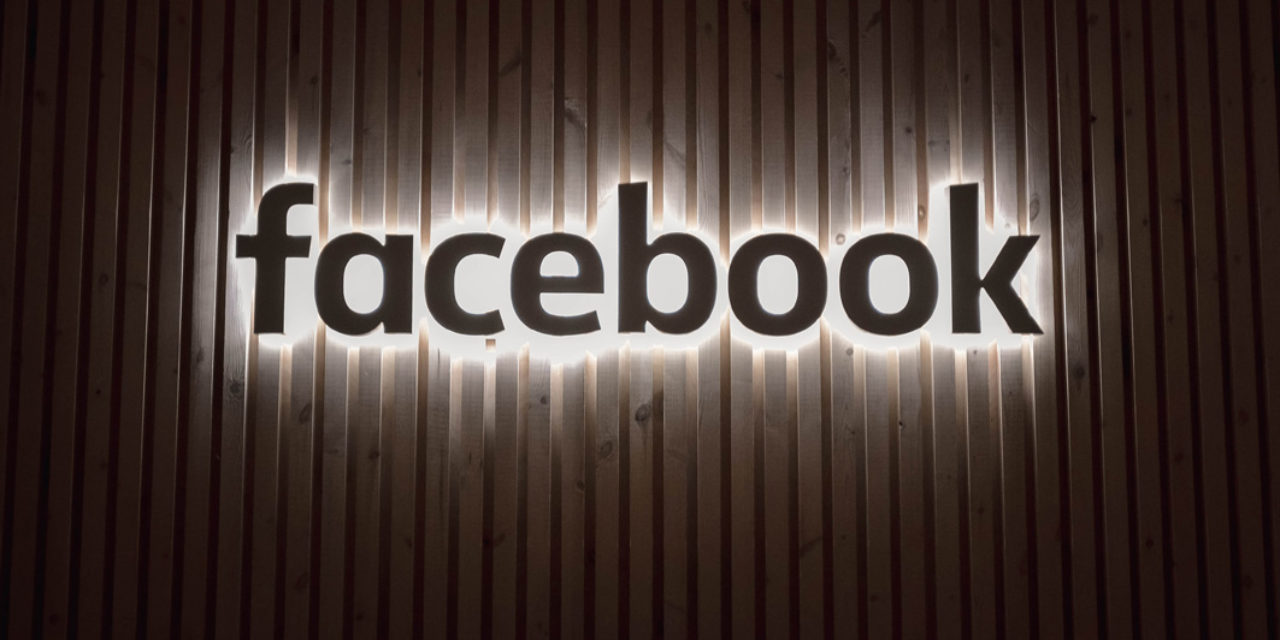Donald Trump’s election to the presidency was a shock and surprise for many. Just do an internet search for “shock + Trump win,” and almost 25 million results come up.
Almost immediately after his win, Trump’s opposition began searching for an explanation. The social media platform Facebook became the target of a great deal of scrutiny, with accusations of “Russian interference” and “psychographic targeting” of voters by the company Cambridge Analytics.
But a recent memo from Facebook executive Andrew Bosworth gives a surprisingly different answer. In Bosworth’s words, “He got elected because he ran the single best digital ad campaign I’ve ever seen from any advertiser. Period.”
Prior to the 2016 election, almost all the polls showed Hillary Clinton winning enough votes in the Electoral College to become our nation’s 45th president. A post-election article in The Wrap lists more than 20 groups who showed Clinton as the likely winner. Fox News, The LA Times, The Associated Press, FiveThirtyEight, The New York Times, Rasmussen Reports, NBC News, and more – they all got it wrong.
Because of this “stunning upset,” politicians, reporters, pollsters and pundits began scrambling to explain why Clinton lost. Clinton wrote a 500-page memoir, What Happened, that attempted to give an explanation. I haven’t read the tome, but thankfully, many news outlets outlined some of the reasons she offered. These include: Russian influence, Bernie Sanders, her “traditional” campaign, journalists, President Obama, white resentment, James Comey, sexism and uninformed voters.
Oh, and herself. Hillary cites her own “[expletive] e-mails,” that is, her use of an unauthorized, unsecure, private email server for her communications while serving as Secretary of State. She regrets her statement on CNN, “We’re going to put a lot of coal miners and coal companies out of business.” And she explains that calling Trump supporters a “basket of deplorables” was a “political gift” to the opposition.
Facebook was targeted early on as a major reason for Trump’s win. In 2017, Facebook announced that Russian companies had purchased $100,000 in advertising between June 2015 and May 2017. The advertising was linked “to about 470 inauthentic accounts and pages” that violated Facebook policies, so Facebook shut them down. Clinton and Trump campaigns spent a combined total of $81 million on Facebook ads.
A review of the Russian ads showed that most dealt with a variety of controversial issues, rather than touting specific politicians, and their primary purpose seemed to be to foster conflict and tension between different groups in America. Bosworth agrees with that assessment, saying that “the Russians worked to exploit existing divisions in the American public, for example by hosting Black Lives Matter and Blue Lives Matter protest events in the same city on the same day.”
Bosworth ran Facebook’s advertising organization for the four years before the election and for a year after. In his recent memo, published by The New York Times, he dismisses the idea that Russian interference affected the election outcome.
His writes: “It is worth reminding everyone that Russian Interference was real, but it was mostly not done through advertising. $100,000 in ads on Facebook can be a powerful tool but it can’t buy you an American election….”
Bosworth also rejects the idea that Cambridge Analytics, which used Facebook data to target voters, influenced the election for Trump. He explains that the media largely misunderstood what the company had done, and says its work had little impact on the election: “In practical terms, Cambridge Analytica is a total non-event. They were snake oil salespeople. The tools they used didn’t work, and the scale they used them at wasn’t meaningful.”
So if a British consulting company’s or Russia’s use of Facebook didn’t throw the election to Trump, what happened? Bosworth says that the Trump campaign simply ran a better social media campaign than Clinton. Trump and his campaign manager, Brad Parscale, “just did unbelievable work.”
Bosworth may be overestimating Facebook’s influence when he says that Trump’s utilization of the platform is what won the election. A self-confessed dyed-in-the-wool liberal, he doesn’t discuss any of the issues that concerned many conservative voters. These include major culture and policy issues like religious freedom, abortion, free speech, jobs, immigration, activist judges, educational choice, and government spending and growth.
While he says it would be tempting for Facebook to use its power to promote liberal causes and candidates, Bosworth believes it must avoid doing so. He compares that temptation to the scene in Lord of the Rings where Frodo offers the ring to Galadriel. She refuses the offer, because she “knows it will eventually corrupt her.”
Many conservatives already believe that Facebook – and other large social media companies – work against their ideas and issues. Let’s hope that Facebook really does refuse the temptation to misuse its power to promote a political agenda.
Related:
Big Tech or Big Brother? Google Removed 300 Conservative Ads for President Trump
Facebook CEO Mark Zuckerberg Tries to Win Over Conservatives
Live Action Targeted by Facebook over Post Saying that Abortion is Never Medically Necessary






